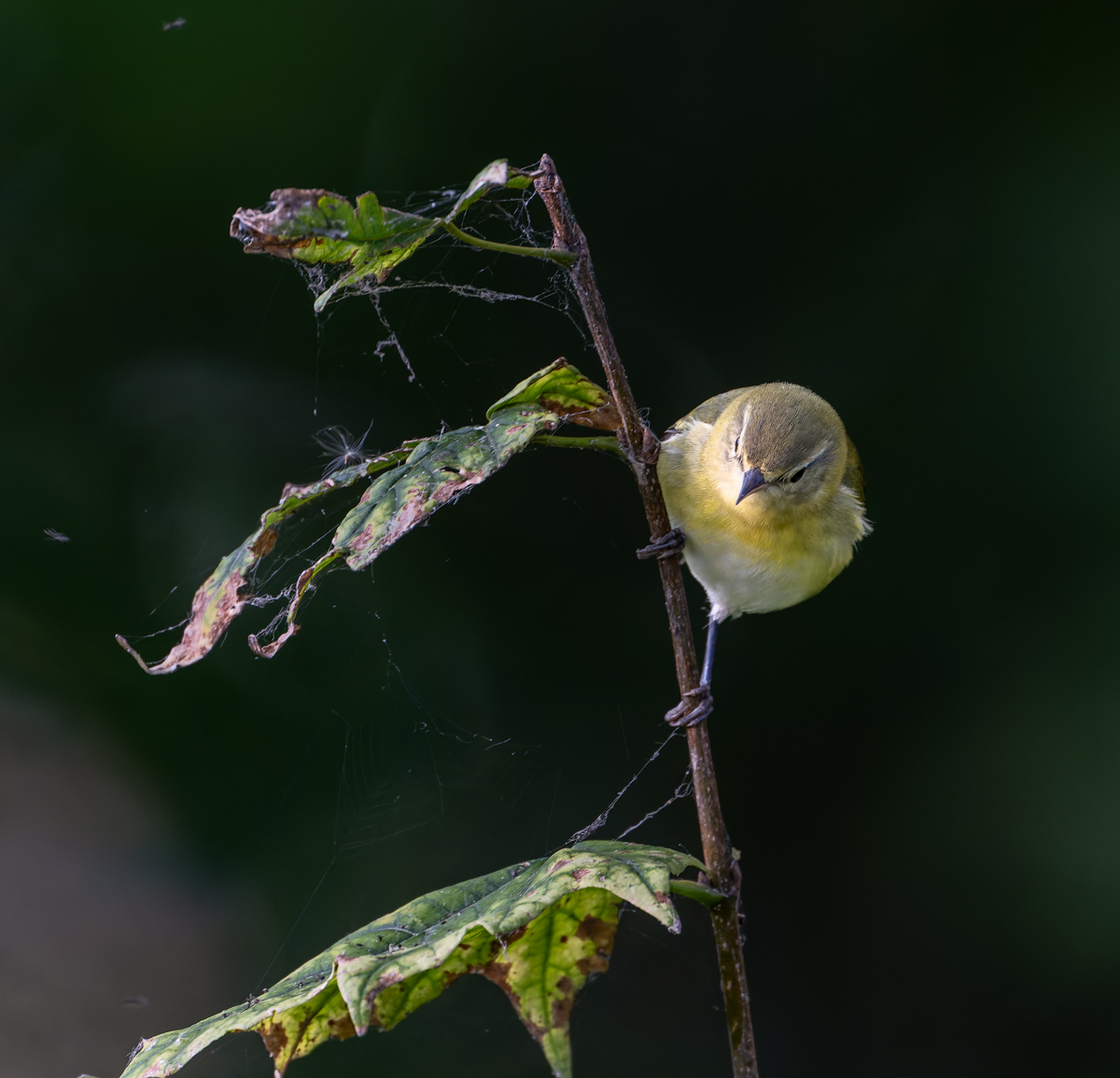
This holiday season, as we give thanks and spend some quality time with our families, let’s remember the intricate, interconnected web of life we are all a part of, and turn our thoughts to the dazzling and beautiful world of birds, and the immense good they do for us.
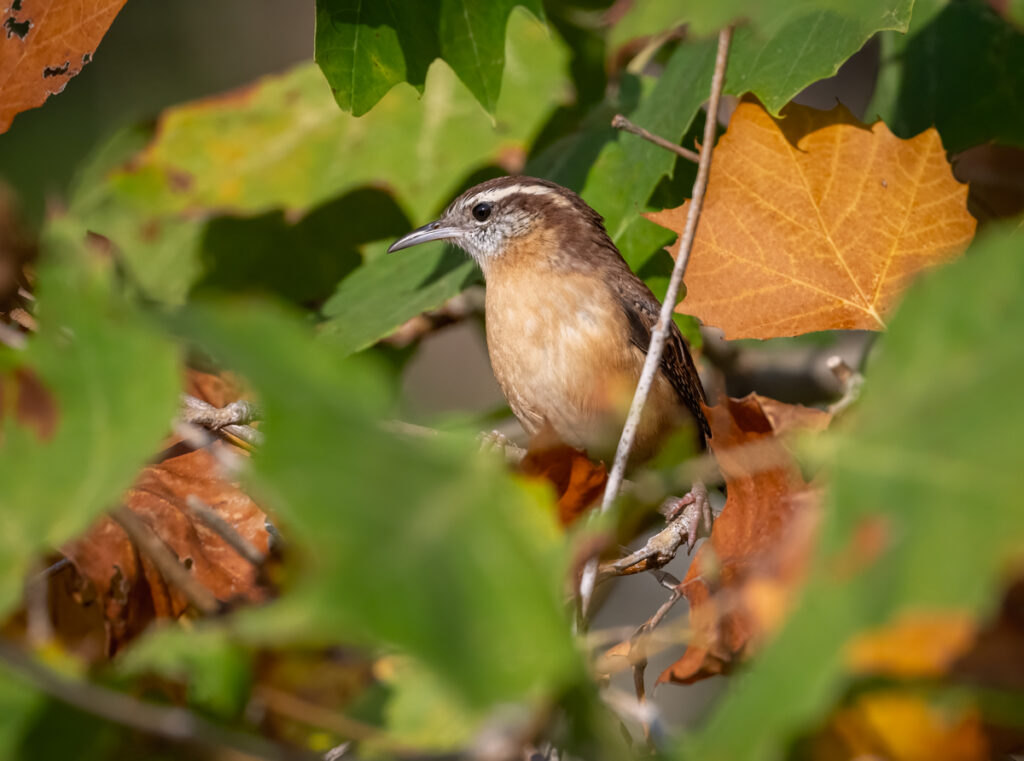
For millennia, humanity has been aware that nature can bring a sense of calm to our often busy and complicated lives. Science has been backing up that innate knowledge with data for a long time now, so this Thanksgiving we would like to remind everyone of the benefits of the world outside our windows, and to be thankful for the utter wonder that birds are, and the world they live in.
In 1978 the American lepidopterist, writer and science educator Robert M. Pyle theorised that any decline in our interaction with nature would lead to something he coined an “extinction of experience”, and only negative implications for our health and well-being would result from this. He rightly predicted a global malaise, a vicious cycle of disinterest toward nature, leading to an ultimate disconnection which can only mean catastrophe for all. The importance of reconnecting people with nature and wildlife, now more than ever, cannot be understated.
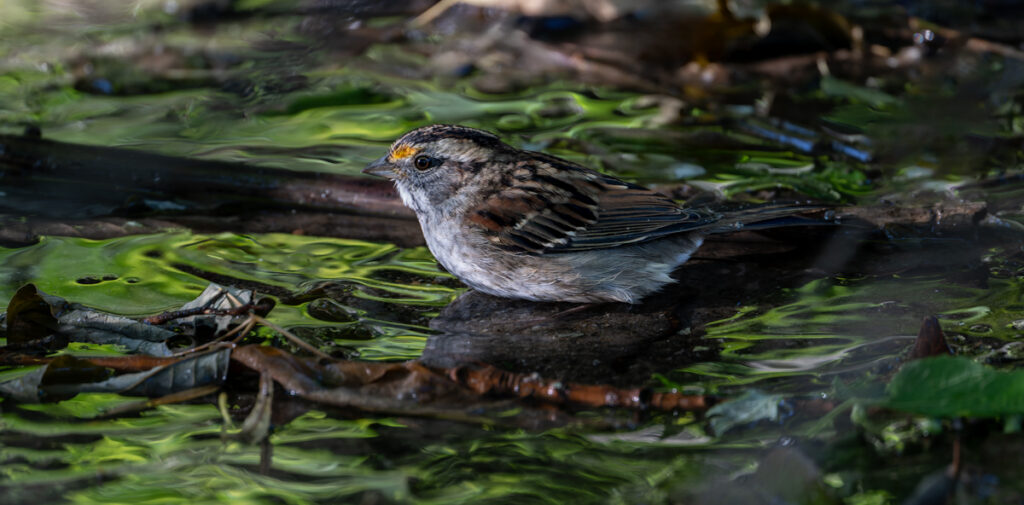
Thanksgiving occurs as one of the coldest times of the year sets in, but here is where the beauty of contrasts can shine. The tail-end of fall migration as the winter months gather around us often brings a greater diversity of birdlife, as all of those birds relocating to different parts of the world should either now have arrived, or be due in a couple of weeks, and are settling into their routines. There is rarely a better time than winter to do some top-notch birdwatching, which can be a soothing tonic as our bones feel the chill and the dark nights lead us to draw the curtains against the cold.
Stress responses from living in a predominantly urban and technology-filled world triggers mental and physical fatigue, which is considered to be a leading cause of depression. Blood pressure, heart rate and stress hormones fall when birdwatching, because it helps us focus our attention simply by being a thoroughly passive activity; there is little we can do to influence the world of birds so we must simply wait and watch, and slow down.
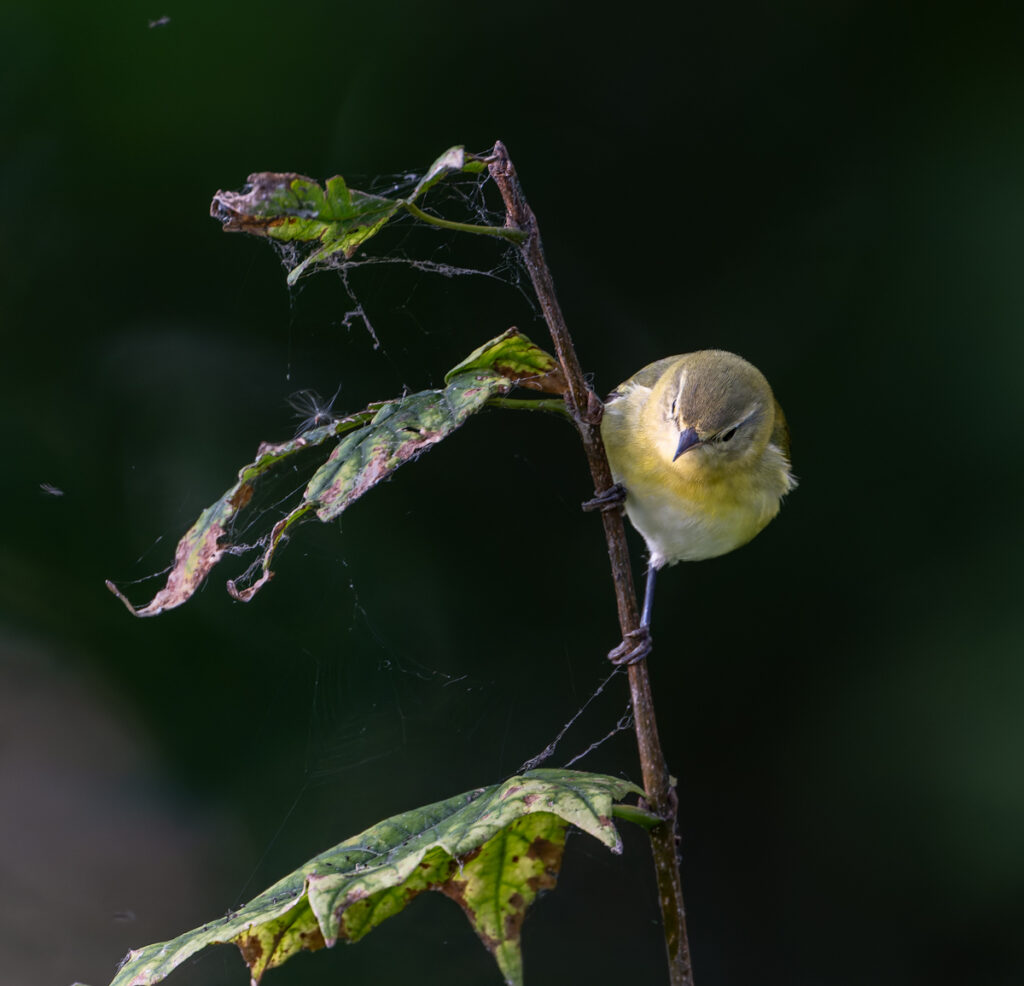
Since 2018, doctors in the UK have been prescribing nature as part of treatment regimens for people experiencing ill-health. In America, there are currently 87 similar schemes across 32 states; doctors identify a patient’s nearest green space, and then they work together to fill out the prescription, determining timelines and nominating activities, with birdwatching among them.
As birdwatching has been shown to increase cognitive functioning, that is, helping boost your memory and your concentration skills, health and social care organisations for older people are now encouraging those living with dementia to take part in birdwatching and bird counts, involving family where possible. Listening to birdsong has been discovered to help otherwise confused and scared people recall memories from their younger years, bringing peace to their state of mind. Indeed, research in this area has shown that spending just ten minutes a day watching and listening to the birds together significantly reduces the stress levels of everyone in these situations.
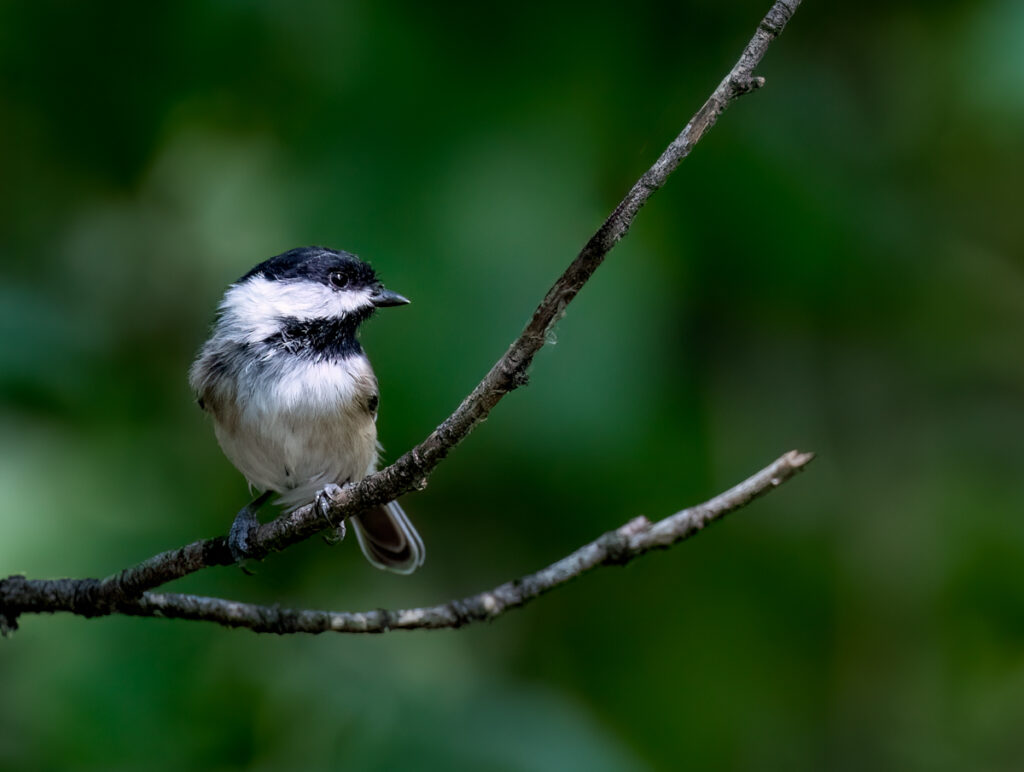
Birdwatching has also been deemed an activity that helps us be a “better” person in terms of brain development from an early age. A study in Barcelona in Spain found that children who were growing up near or in a green environment were better able to focus on their work, absorbed more information, and showed improved memory skills.
Whilst data is still limited on the specific influence birdwatching has on children, schools that incorporate “forest days” which include birdwatching activities find that, for children who consider themselves “not very good at school” stress levels fall when they are outdoors. Those children showed clear enthusiasm in engaging with their peers, completed nature-based tasks with confident ease, and what is more, that confidence was then carried back into the classroom later that day. The families involved in the studies then found that their park visits to go birdwatching became more frequent, and parental stress decreased as their children’s resilience and interest in the world around them increased. Many bird and wildlife sanctuaries in Europe and the United States now run pre-school programmes called forest kindergartens.
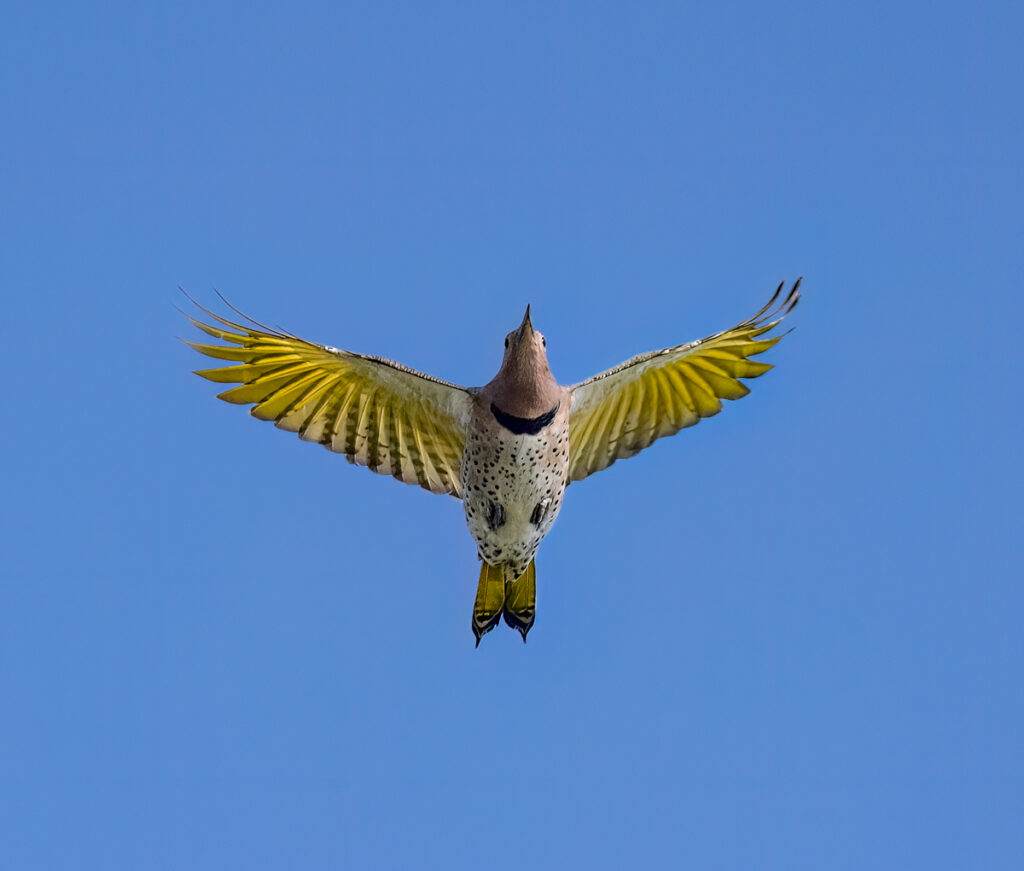
Aside from the physical benefits of birdwatching (even a trip to the bird feeder to restock takes physical activity), the mounting evidence across the world that birdwatching and its association with the great outdoors and nature all points to something we would be fools to deny ourselves—feeling good.
Birds are some of nature’s most fascinating and beautiful creatures, and their impact on our lives goes far beyond their songs and colors. As we navigate the complexities of modern life, it is becoming clear that birds offer us unexpected yet profound benefits for our personal and our family’s physical and mental well-being. We don’t know about you, but we can’t think of a better reason to be thankful than that.


